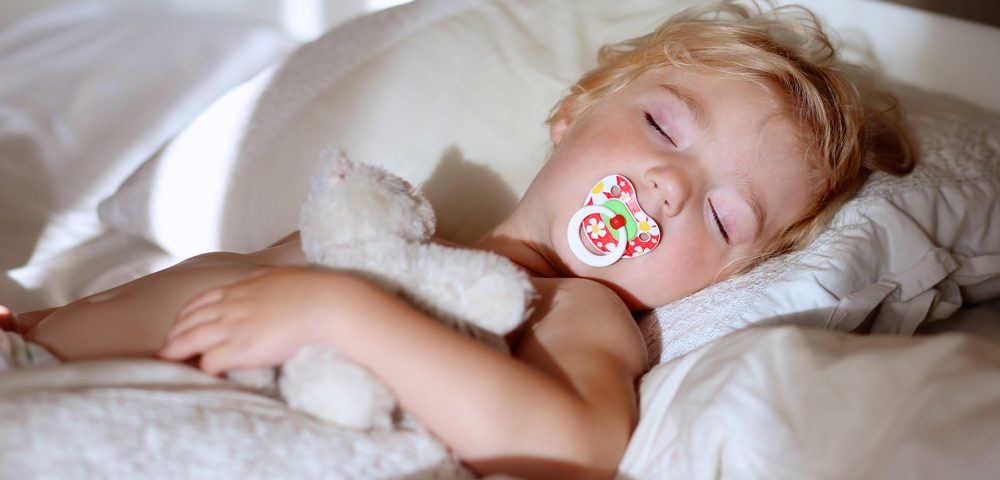Children with epilepsy who have efficient sleep have improved psychosocial function and quality of life, compared to those who have moderate to severe sleep problems. Such findings are reported in the study “Understanding sleep problems in children with epilepsy: Associations with quality of life, Attention-Deficit Hyperactivity Disorder and maternal emotional symptoms,” recently published in the journal Seizure.
Sleep problems are one of the most common manifestations found in epilepsy patients. Some of the most common types of sleep problems include difficulty on initiating and maintaining sleep, breathing problems during sleep, abnormal movements or behaviors during sleep, and sleepiness during daytime.
It has been shown that children with epilepsy are more likely to experience sleep problems than their healthy siblings or other healthy controls. The circle of sleeplessness and sleepiness they experience makes them feel exhausted and drowsy in the day, which affects their functioning, including academic performance, physical health, and peer relations. This is often associated with severe decreases in patients’ quality of life.
Children with epilepsy are particularly affected by attention-deficit hyperactivity disorder (ADHD), a psychiatric disorder characterized by lack of attention, hyperactivity, and impulsivity that affects up to 70 percent of epileptic children. Although the general population of children with ADHD has been shown to have common sleep problems, little is known about sleep problems and ADHD in children with epilepsy.
Researchers at the Mersin University School of Medicine in Turkey aimed to assess whether children and adolescents with epilepsy have sleep problems more often than healthy controls and whether there is an association between sleep problems and ADHD, quality of life, or the mother’s emotional status.
The study included 53 children with epilepsy and 28 controls with minor medical problems ages 7 to 18. Parents were asked to complete a children’s quality of life questionnaire and the Children’s Sleep Habits Questionnaire (CSHQ). The children’s mothers also completed a questionnaire assessing their depression and anxiety status.
The research team found that children with epilepsy had a higher CSHQ score compared to the controls without epilepsy, revealing that epilepsy was associated with higher incidence of sleep problems.
Additionally, the researchers also showed that children with moderate to severe sleep problems were more likely to have lower quality of life scores and higher ADHD scores. Also, the mothers were more likely to report depression and anxiety when their children had moderate to severe sleep problems.
Based on their findings, the authors suggest that the sleeping habits and sleep complaints of children with epilepsy should be monitored by their physician, because efficient sleep is associated with an overall better quality of life and improved psychosocial functioning.


